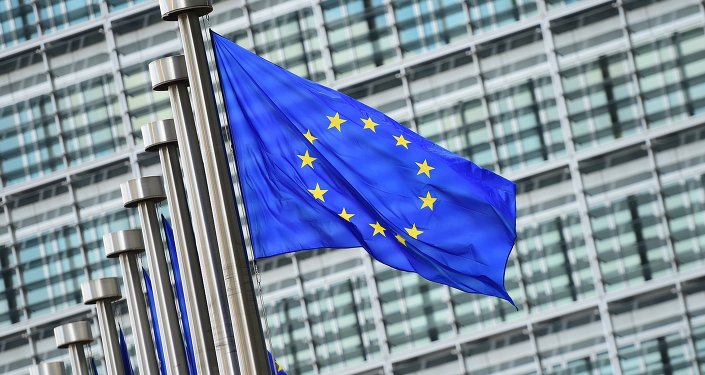Today, the European Commission transferred EUR 51,7 million in concessional loans to the national budget of Serbia, corresponding to part of the pre-financing foreseen under the EU Growth Plan for the Western Balkans. An additional EUR 59 million of pre-financing, in the form of grants and loans, will be channelled through the Western Balkans Investment Framework (WBIF) to enhance infrastructure across the country. This pre-financing represents 7% of the total financial support allocated for Serbia under the EU Growth Plan.
The payment of the pre-financing follows the ratification by the Serbian National Assembly of the Facility and Loan agreements under the Reform and Growth Facility.
Future disbursements from the Reform and Growth Facility for the Western Balkans will be made upon the fulfilment of reform steps agreed between the European Commission and the Government of Serbia through the Reform Agenda and provided that the applicable pre-conditions and general conditions are met. The European Commission is currently assessing the implementation of the first set of reform steps related to Fundamental freedoms and Rule of law, Business environment and private sector development, and Green and digital transition.
Background
Prefinancing was also transferred by the European Commission to North Macedonia (EUR 24.4 million, in March 2025), Albania (EUR 30 million, in March 2025) and Montenegro (EUR 12.5 million, in May 2025). Additional pre-financing funding, in the form of grants and loans, will also be channelled through the Western Balkans Investment Framework (WBIF) to enhance infrastructure in these countries (EUR 28.1 million for North Macedonia, EUR 34.5 million for Albania, EUR 14.4 million for Montenegro). Kosovo must still fulfil the same procedural conditions to also receive prefinancing, including the ratification of the Facility and Loans Agreements, while Bosnia and Herzegovina has yet to submit a final Reform Agenda.
The Growth Plan for the Western Balkans serves as a roadmap for bringing the region’s economies closer to the European Union. It also enables gradual access to the EU Single Market, allowing Western Balkan citizens to experience early benefits of European integration, while supporting further regional economic integration.
The Growth Plan provides an additional €6 billion in financial assistance to support socio-economic and key reforms, as well as related investments. Disbursements are conditional upon the fulfilment of reforms outlined in the Reform Agendas prepared by the beneficiaries.




